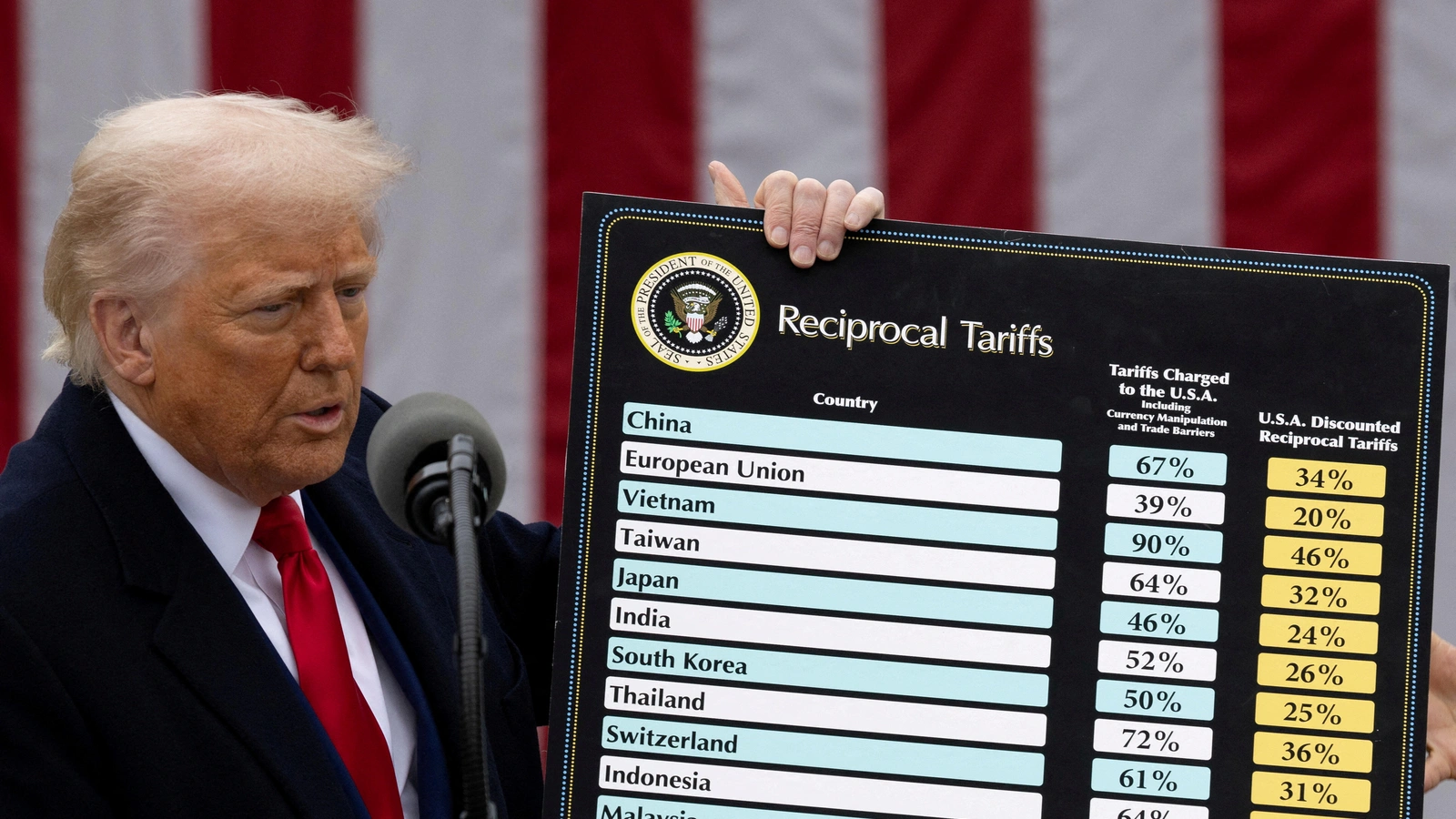In a bold and controversial move, former President Donald Trump — now back in the spotlight — has announced a dramatic 120% tariff on electric vehicles imported from China. This sudden escalation has reignited tensions in the U.S.-China trade war and sent shockwaves through global markets.
According to Bloomberg and CNN Business, Trump’s goal is to protect American jobs and industries from what he calls China’s “economic aggression.” But for everyday consumers, workers, and business owners, these kinds of policies can bring real-world challenges — from rising prices at stores to job uncertainty and inflation.
If you’re wondering how this trade war affects your daily life or how to stay financially safe during these uncertain times, you’re in the right place. In this article, we’ll break down:
What the trade war is really about (in simple terms)
The possible economic consequences
And most importantly — practical steps you can take to protect yourself and your money
Even if you’re not an economist, this guide will help you understand what’s happening — and prepare smartly for what might come next.
🔍 What Is a Trade War and Why Does It Matter?
A trade war happens when countries start raising tariffs (taxes on imports) to protect their own industries. But this often leads to a back-and-forth fight — each country adds more tariffs, causing global prices to rise and slowing down trade. The U.S. and China have been in such a conflict since 2018, and now it’s heating up again.
When tariffs increase, businesses pay more to get their goods, and they often pass that cost on to consumers. That’s why prices for things like electronics, clothes, or even food can go up. It’s not just politics — it hits your wallet.
💸 1. Diversify Your Income Sources
Don’t rely on just one source of income — especially in uncertain economic times.
Why it works:
Studies from the Brookings Institution and Harvard Business Review show that people with multiple income streams (like freelance work, online selling, part-time gigs) are more financially secure during economic shocks.
What to do:
Start a side hustle (freelancing, consulting, online business).
Invest in digital skills that allow remote or part-time work.
Explore passive income options like content creation, affiliate marketing, or renting assets.
🛒 2. Adjust Your Spending Habits
With rising prices due to tariffs, smart spending becomes essential.
Why it works:
According to the Consumer Financial Protection Bureau, reducing unnecessary spending during inflationary periods helps maintain financial stability and avoid debt.
What to do:
Track your expenses and cut non-essentials.
Buy in bulk or switch to generic brands.
Avoid large purchases that may be affected by price hikes (like imported electronics or cars).
💰 3. Build or Strengthen Your Emergency Fund
An emergency fund gives you breathing room when the economy is unstable.
Why it works:
Economists from MIT and NBER (National Bureau of Economic Research) show that households with 3-6 months of savings are less likely to fall into debt or poverty during economic crises.
What to do:
Aim to save 10-20% of your income, if possible.
Keep your emergency fund in a high-yield savings account for growth.
Avoid touching it unless absolutely necessary.
📈 4. Invest Wisely — Don’t Panic
Markets can react strongly to trade wars, but long-term investors often recover and benefit.
Why it works:
A 2020 study by Morningstar found that investors who stay in the market during downturns typically see better long-term results than those who pull out due to fear.
What to do:
Continue regular investments in index funds or diversified portfolios.
Don’t panic-sell during market drops.
Focus on sectors less affected by trade wars (e.g. local manufacturing, healthcare, green energy).
🧠 5. Stay Informed, Not Overwhelmed
Knowing what’s happening helps you make better choices.
Why it works:
Behavioral finance research from Nobel laureate Richard Thaler shows that informed individuals make more rational and confident financial decisions, especially during economic uncertainty.
What to do:
Follow reliable financial news (like Bloomberg, CNBC, or Financial Times).
Use budget and finance apps to track your money.
Avoid social media panic — focus on expert advice.
📦 6. Support Local and Domestic Businesses
Buying local helps the economy and can protect you from rising prices on imported goods.
Why it works:
Economic studies from the University of California, Berkeley show that supporting local businesses creates jobs and keeps money circulating in the local economy, which strengthens communities during national trade disruptions.
What to do:
Shop from small businesses or local producers.
Buy locally-made products when possible.
Recommend and support domestic alternatives to foreign imports.
📝 Updated Summary:
Former President Donald Trump has reignited the U.S.-China trade war by announcing massive tariff hikes on nearly all Chinese imports, affecting everything from electronics and clothing to machinery and household goods. This marks one of the most aggressive moves in global trade policy in recent years.
As a result, consumers and businesses alike may face rising prices, supply chain disruptions, and growing uncertainty in the job market. But there are smart ways to protect yourself. Key strategies include:
✅ Diversifying income sources
✅ Reducing unnecessary expenses
✅ Building an emergency fund
✅ Investing wisely for the long term
✅ Following trustworthy financial news
✅ Supporting local products to reduce import dependence
This trade war doesn’t just affect politicians and big companies — it affects everyone. Taking the right financial steps now can help you stay secure, informed, and even grow during this turbulent economic shift.




